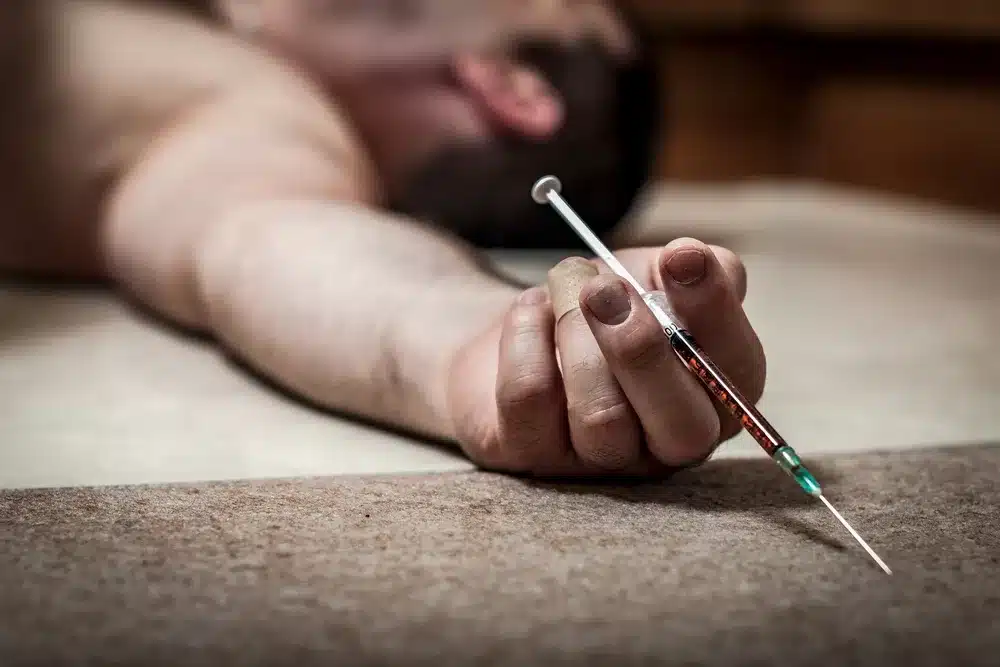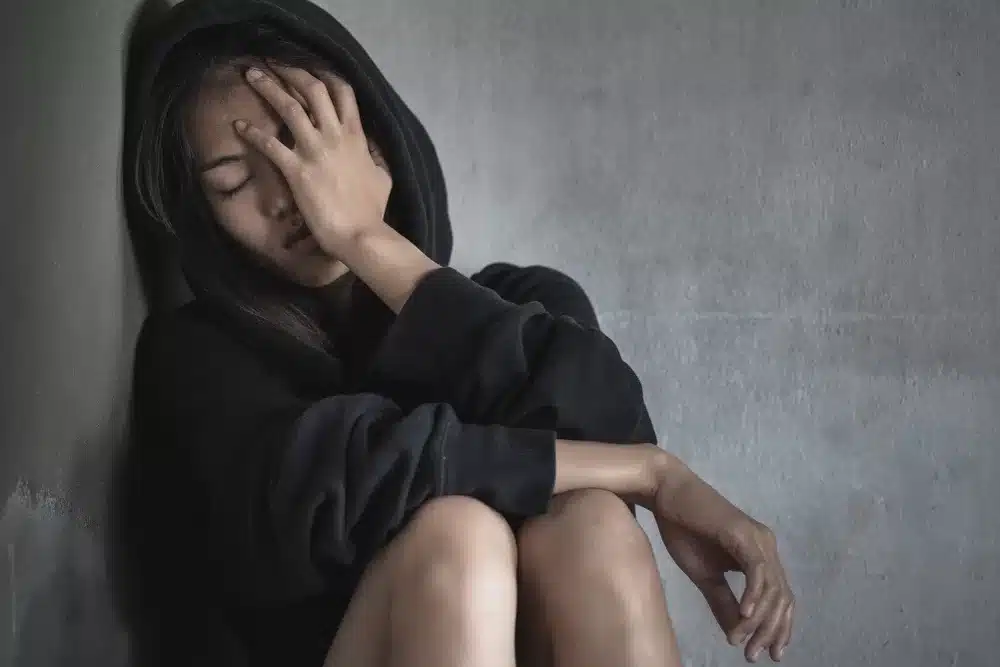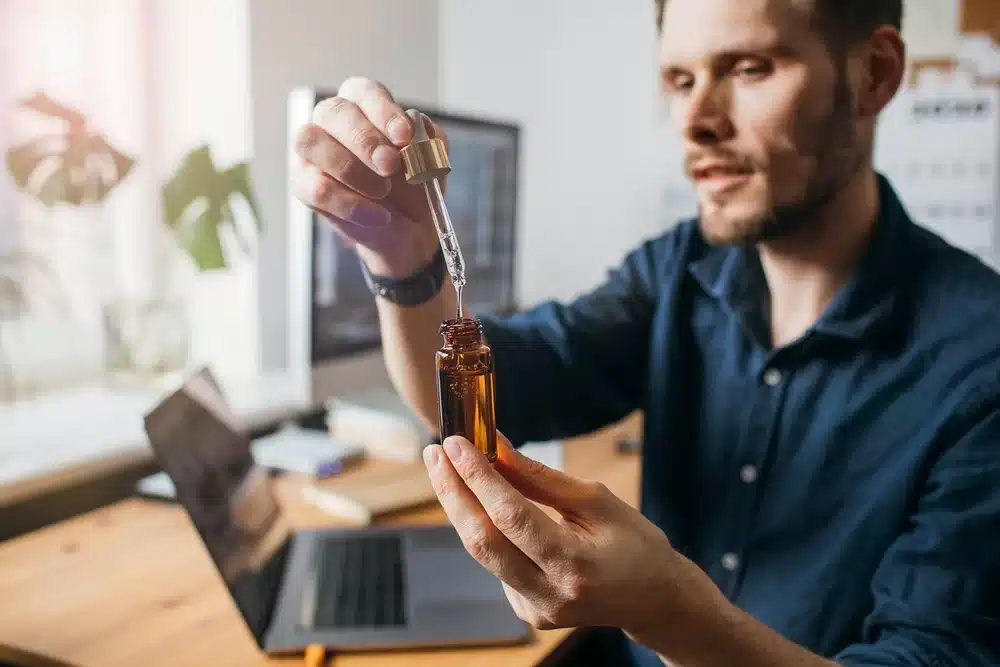


CBD has gained a reputation as a magical elixir that can seemingly heal everything from stress and insomnia to cancer and chronic pain. People are captivated by the potential of CBD as a multipurpose remedy, and its purported benefits have fueled a surge in its popularity. However, most of these claims are not based on scientific evidence, and the only medical indication that CBD has been proven to treat humans is epilepsy.
That said, there has been a growing interest and scientific research on the potential efficacy of CBD in managing opioid withdrawal symptoms. In fact, a recent study suggests that CBD curbs cravings in people with opioid dependence. According to the study, the potential to reduce cue-induced craving and anxiety offers a strong basis for more research on the substance as a treatment option for opioid use disorder.
This couldn't come at a better time, considering the pressing need to address the opioid crisis and provide effective interventions for those struggling with addiction. Opioid addiction has reached alarming levels, causing immense harm to individuals, families, and communities worldwide. In 2021, 80,816 people lost their lives due to opioids.

However, the researchers in the study note that the study was very narrow and only used specific, standardized amounts of CBD. As such, the results don't suggest buying a jar or bottle of over-the-counter CBD will help with opioid cravings.
CBD, or cannabidiol, is a naturally occurring compound in cannabis plants. It is one of the many cannabinoids present in the plant, alongside THC (tetrahydrocannabinol). Unlike THC, CBD is not psychoactive, meaning it does not induce a "high" sensation commonly associated with cannabis use. CBD is typically extracted from hemp plants to produce numerous products such as oils, tinctures, edibles, and topicals.
CBD has gained attention for its potential therapeutic use. It interacts with the body's endocannabinoid system, which regulates various physiological processes, such as pain sensation, mood, sleep, and immune function. CBD is believed to have anti-inflammatory, analgesic, anxiolytic (anti-anxiety), and neuroprotective properties.
While CBD has shown promise in treating certain medical conditions, such as epilepsy, its broader applications as an alternative treatment in areas like addiction recovery, pain management, sleep disorders, and anxiety are still being explored. More research is needed to fully understand its effects, optimal dosage, and potential interactions with other medications.
Before we dive into why or how CBD might help in addiction recovery, it's important to look at how substance abuse alters normal behavior and brain function. Addiction is a complex brain disease characterized by compulsive drug-seeking behavior and the inability to control substance use despite negative consequences.
Addiction changes the way the brain processes information. It deregulates the brain's reward system (which is responsible for reinforcing pleasurable experiences), leading to a heightened sensitivity to drug-related cues and a diminished response to natural rewards. This happens with most substances, including nicotine, alcohol, cocaine, meth, and opioids.
When addiction develops, it becomes hard to stop. Attempts to quit might result in withdrawal symptoms that are uncomfortable and challenging to manage. Common opioid withdrawal symptoms include anxiety, nausea, rapid heartbeat, abdominal cramps, and intense cravings.
These symptoms can be debilitating and are often more intense for the first one to two weeks. Sometimes, they can linger for months and contribute to relapse or continued drug use.

While the scientific evidence is still developing, preliminary studies suggest several ways CBD may play a role in alleviating withdrawal symptoms. One study found that CBD mitigated cravings among those with OUD who had already stopped opioid use. Researchers also found that the compound reduced:
Most of these symptoms occur during opioid withdrawal. In theory, this means that physicians could consider adding the compound to opioid withdrawal treatment plans to manage the symptoms. But more research is still needed to establish the direct effects of CBD on opioid withdrawal and the best formulations and dosages. Here's a closer look at how cannabinoids may help mitigate opioid withdrawal symptoms:
One of the key challenges during withdrawal is intense cravings for the substance of abuse. CBD can help mitigate this by reducing cue-induced cravings, especially among those who use heroin. Studies on rats noted a decrease in drug-seeking behavior when rats were taken off heroin and given CBD. A small human study also found similar effects lasting at least a week.
Withdrawal from opioids often triggers heightened anxiety and stress levels. CBD has been studied for its anxiolytic properties, with research indicating its potential to reduce anxiety symptoms. According to one review, CBD interacts with serotonin, type 1 receptor (CB1R), and other brain receptors that regulate anxiety-induced behaviors.

Opioid withdrawal is commonly associated with various physical symptoms, including muscle aches, joint pain, and general discomfort. CBD has shown analgesic properties and has been explored as a potential alternative to traditional pain medications. It may help alleviate withdrawal-related pain and discomfort. Clinical trials have also found CBD well-tolerated with no significant side effects, even when co-administered with a potent opioid agonist.
Insomnia and disrupted sleep patterns are common during opioid withdrawal. CBD has been investigated for its potential to improve sleep quality and address sleep disorders. CBD may indirectly contribute to better sleep during withdrawal by promoting relaxation and reducing anxiety.
CBD has shown potential in withdrawal symptom management. It can help reduce anxiety, improve sleep, curb cravings, and in withdrawal relief. While more extensive research is needed to fully understand its effectiveness, the existing studies provide encouraging results. It is important to note that cannabinoid treatment should be part of a holistic care plan alongside counseling, behavioral therapies, and other evidence-based interventions.
It is also a good idea to take CBD while under medical supervision, especially when dealing with a serious issue like opioid use disorder or chronic pain. Healthcare professionals can coordinate your care and ensure CBD is used with other appropriate treatments for the best possible outcomes.
They will also offer expert guidance, monitor and adjust treatment and offer support and guidance. Most importantly, they will ensure that you have access to reputable CBD products that have undergone proper testing for purity and accurate labeling. Like other natural remedies, CBD is largely unregulated, and it can be hard to know which products have been formulated responsibly.
If you, or a loved one is experiencing a physical dependence on opioids, More Than Rehab is here to help. Contact us today. We are available 24/7, 365 days a year.


